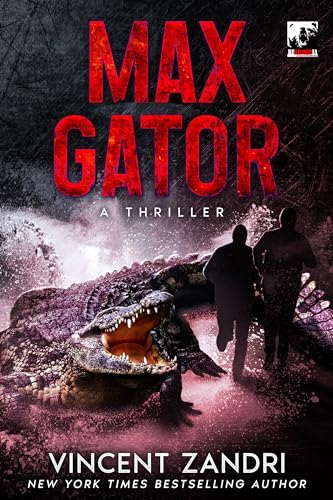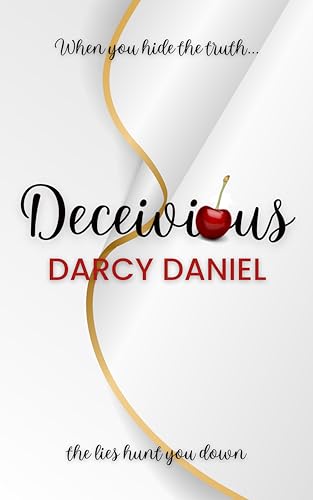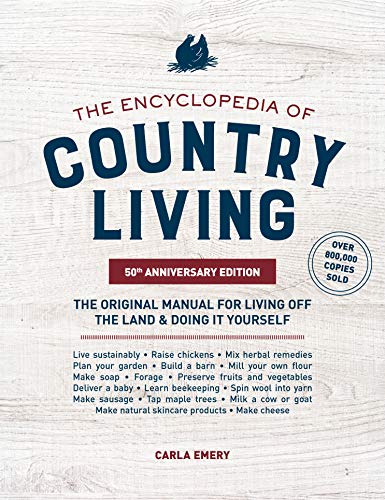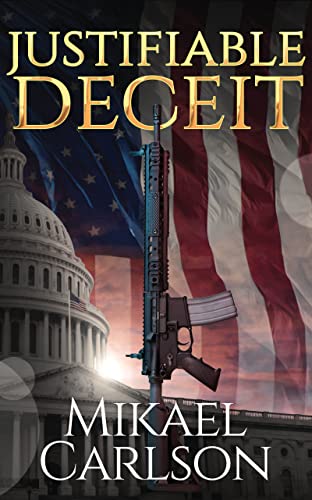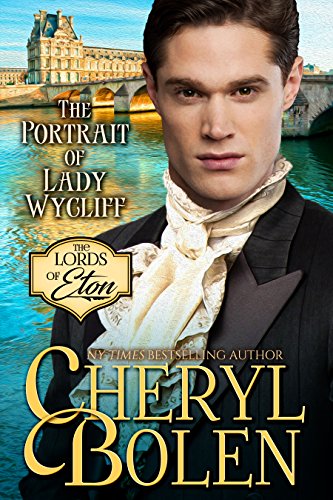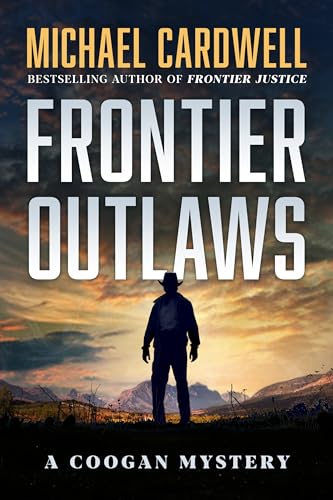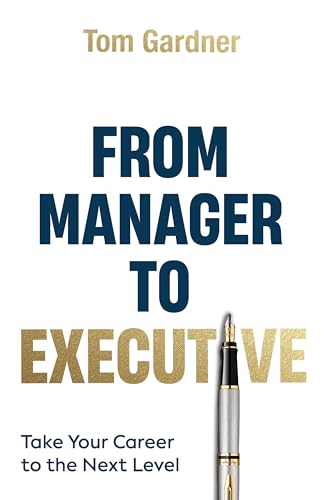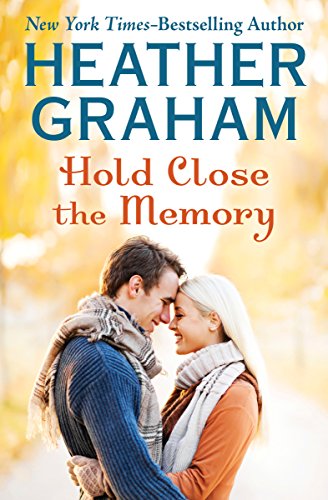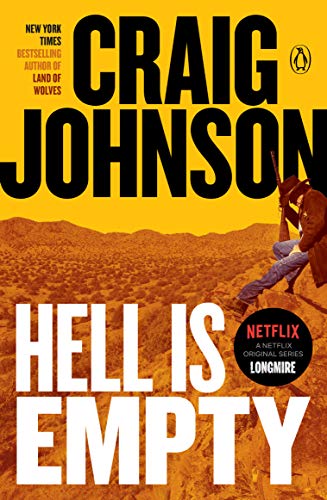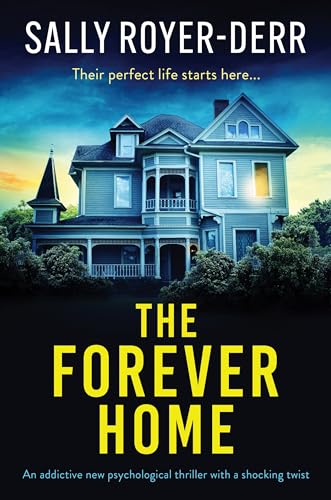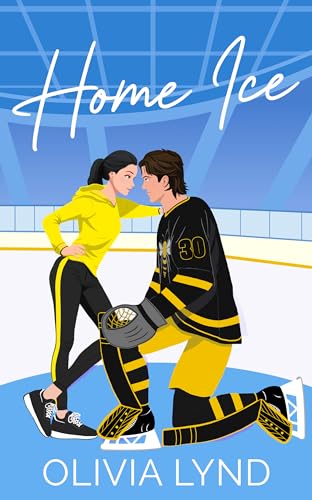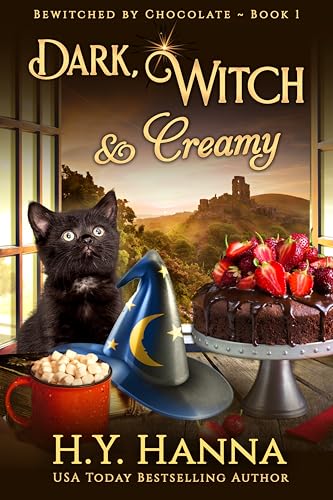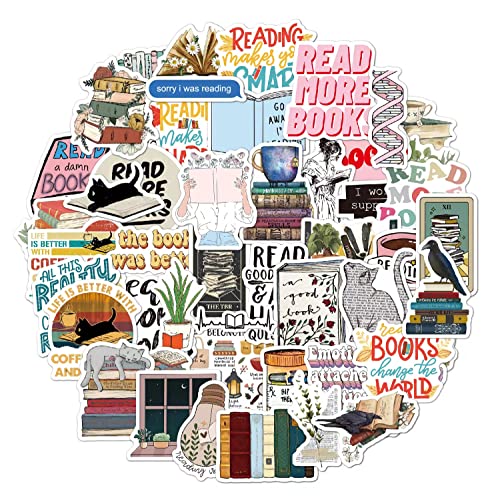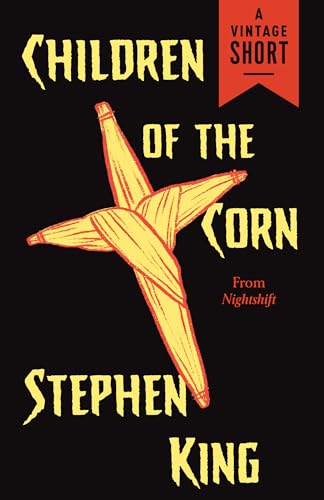Sponsored By:
Dark, Witch & Creamy (BEWITCHED BY CHOCOLATE ~ Book 1)
Unlock a spellbinding tale of magic, mayhem, and mouth-watering chocolate! Caitlyn came to England to find her family but a visit to a quaint village chocolate shop changed everything. Family secrets, toothless vampires and a modern Mr. Darcy… Join Caitlyn as she solves a deliciously dark murder in this enchanting paranormal cozy mystery!
Caitlyn’s world changes when she learns that she was found as an abandoned baby and adopted by her American family. Now, her search for answers takes her to a tiny English village where a man has been murdered – and where a mysterious shop selling enchanted chocolates is home to the “local witch”… Soon Caitlyn finds herself fending off a toothless old vampire, rescuing an adorable kitten and meeting a modern-day Mr Darcy… not to mention discovering that she herself might have magical blood in her veins!
When she’s dragged into the murder investigation and realises that dark magic is involved, Caitlyn is forced to choose. Can she embrace her witchy powers in time to solve the mystery and save those she loves?
* * *
Check out our Free Book Search Tool for a boatload of free books or check here for the best deals today on Kindle!

